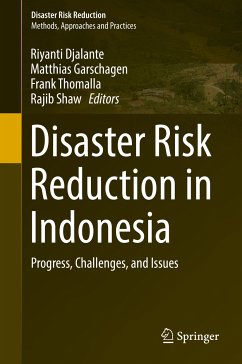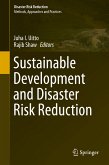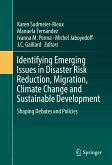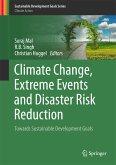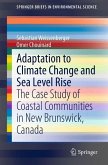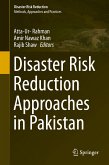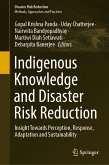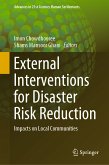This book is a unique, transdisciplinary summary of the state of the art of disaster risk reduction (DRR) in Indonesia. It provides a comprehensive overview of disaster risk governance across all levels and multiple actors including diverse perspectives from practitioners and researchers on the challenges and progress of DRR in Indonesia. The book includes novel and emerging topics such as the role of culture, religion, psychology and the media in DRR. It is essential reading for students, researchers, and policy makers seeking to understand the nature and variety of environmental hazards and risk patterns affecting Indonesia.
Following the introduction, the book has four main parts of key discussions. Part I presents disaster risk governance from national to local level and its integration into development sectors, Part II focuses on the roles of different actors for DRR, Part III discusses emerging issues in DRR research and practice, and Part IV puts forward variety of methods and studies to measure hazards, risks and community resilience.
Dieser Download kann aus rechtlichen Gründen nur mit Rechnungsadresse in A, B, BG, CY, CZ, D, DK, EW, E, FIN, F, GR, HR, H, IRL, I, LT, L, LR, M, NL, PL, P, R, S, SLO, SK ausgeliefert werden.
Es gelten unsere Allgemeinen Geschäftsbedingungen: www.buecher.de/agb
Impressum
www.buecher.de ist ein Internetauftritt der buecher.de internetstores GmbH
Geschäftsführung: Monica Sawhney | Roland Kölbl | Günter Hilger
Sitz der Gesellschaft: Batheyer Straße 115 - 117, 58099 Hagen
Postanschrift: Bürgermeister-Wegele-Str. 12, 86167 Augsburg
Amtsgericht Hagen HRB 13257
Steuernummer: 321/5800/1497
USt-IdNr: DE450055826
Bitte wählen Sie Ihr Anliegen aus.
Rechnungen
Retourenschein anfordern
Bestellstatus
Storno

